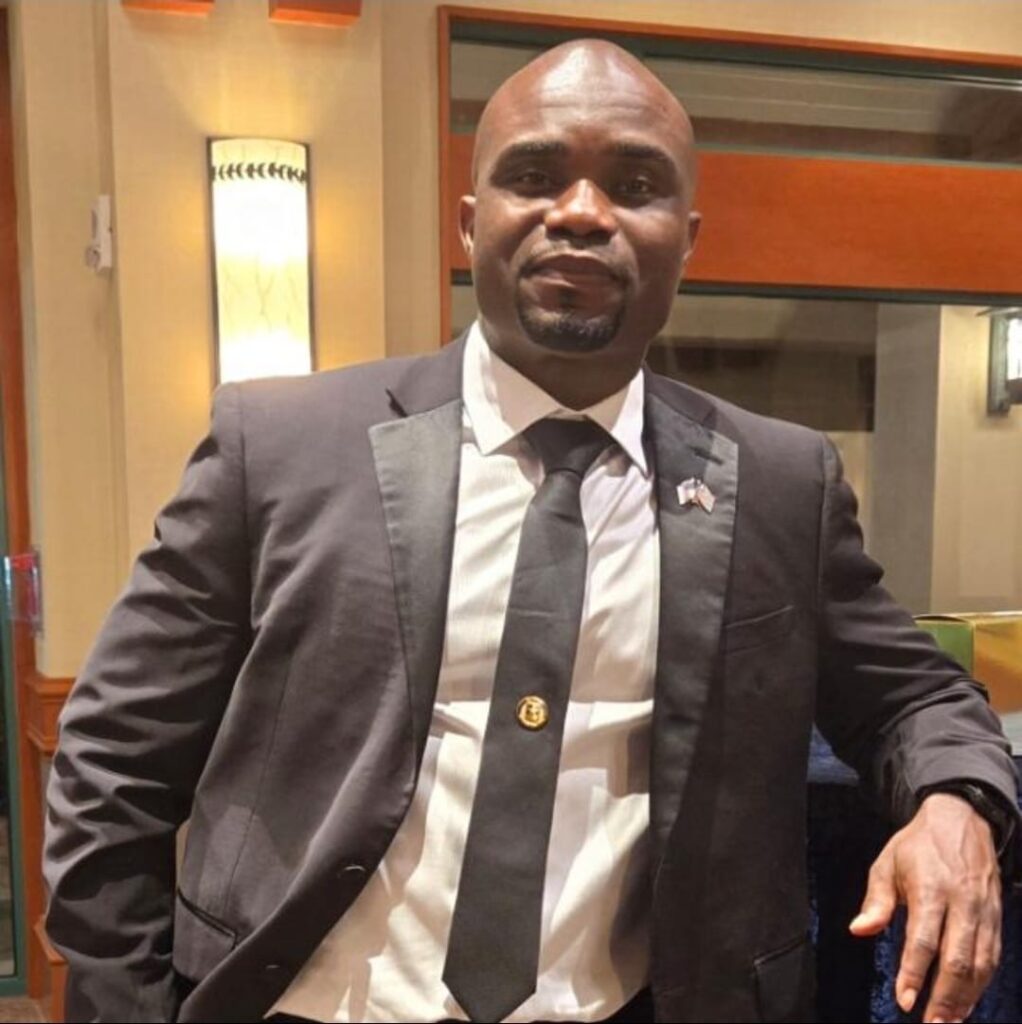By: G. Sylvester M. Luo
On April 12, 1980, gunshots echoed through Monrovia as Master Sergeant Samuel Doe led a violent coup that ended more than 130 years of Americo-Liberian rule. President William R. Tolbert Jr. was assassinated in the Executive Mansion, and 13 of his top officials were executed on April 22, their bodies dumped at the beach. This moment didn’t just end a government—it shattered a nation.
Doe promised change, but instead, Liberia saw more division. He favored his Krahn ethnic group and targeted others, especially the Gio and Mano people of Nimba County. In 1983, opposition leaders were accused of plotting against the state. Many were harassed, arrested, or driven into exile. These acts sparked anger and would later fuel rebellion.
In 1985, Doe held elections that were widely believed to be rigged. A failed coup by Thomas Quiwonkpa followed. Doe retaliated with brutal force, leading to mass killings in Nimba. Resentment grew deeper.
By 1989, Charles Taylor, once part of Doe’s government, returned with armed rebels under the National Patriotic Front of Liberia (NPFL). He launched a civil war that plunged the country into chaos. In 1990, Doe was captured by rebel leader Prince Johnson, tortured, and killed—his death filmed and broadcast, marking one of Liberia’s darkest days.
What followed were years of war, death, child soldiers, and broken families. Thousands were killed, and many more displaced. Liberia saw interim governments, peace deals, and eventually the election of Africa’s first female president, Ellen Johnson Sirleaf, in 2005.
Today, 45 years after the 1980 coup, Liberia is preparing for something powerful: on July 5, 2025, the government will hold a national reconciliation ceremony. The remains of President Tolbert and his cabinet will be reburied with honor. President Doe will receive symbolic recognition. Senator Prince Johnson, once a feared warlord, will also be acknowledged.
This is a big step—but is it enough?
Ceremonies alone won’t heal Liberia. The Truth and Reconciliation Commission (TRC) recommendations were never fully implemented. Victims have not seen justice. Survivors still carry trauma. Young people, many born after the war, are growing up without proper knowledge of what happened.
So what more must be done?
1. Justice must be served. Liberia needs to hold accountable those who committed crimes against humanity—not for revenge, but for closure.
2. Truth must be taught. Schools should teach Liberia’s full history so young people learn the lessons of war, division, and peace.
3. Tribalism must end. No ethnic group should feel left behind. All Liberians deserve equal rights and opportunities.
4. Youth must be empowered. Jobs, education, and leadership training must be a national priority to break the cycle of frustration and violence.
5. Mental health matters. Trauma healing programs must be expanded. Reconciliation is not just political—it’s emotional and personal.
On July 5, Liberia will remember the past. But unless we take serious action, we risk repeating it. Reconciliation is not just about burials—it’s about building a nation where everyone belongs.
The question now is: Do we have the courage to finish what we started?
About the Author: Gunkano Sylvester Luo is a retired U.S. Army Command Sergeant Major with over 20 years of distinguished service in logistics, transportation, and leadership, including deployments to Korea, Afghanistan, and various U.S. bases. Born in Ganta City, Liberia, and raised in New York, he held senior administrative and operational roles, culminating as Battalion Sergeant Major at Joint Base Charleston. A committed educator and father of three, Luo now applies his strategic expertise and leadership skills to academic pursuits and community initiatives.

